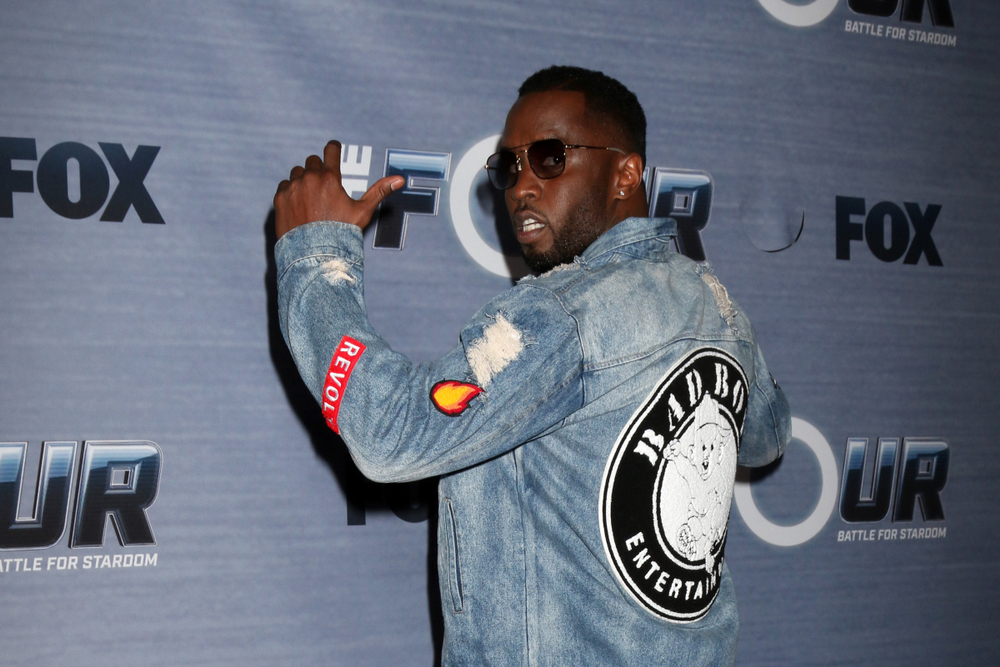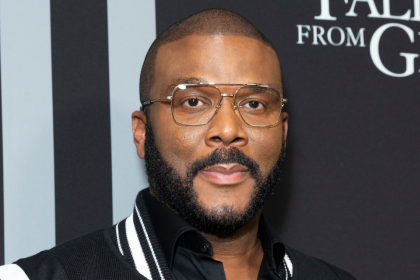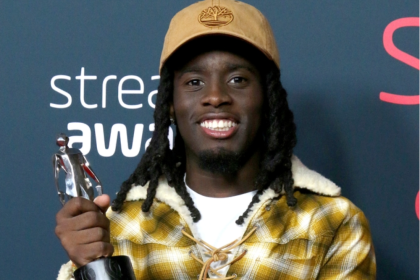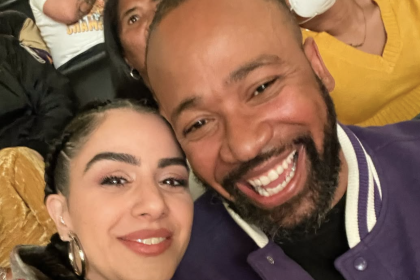An unexpected player in a high-profile drama
In the ever-churning world of celebrity gossip, an unexpected name has surfaced amidst a storm of controversy surrounding music mogul Sean “Diddy” Combs. Reginald VelJohnson, the actor best known for his portrayal of Carl Winslow on the beloved 1990s sitcom “Family Matters,” has found himself thrust into the spotlight for all the wrong reasons.
The 71-year-old actor, whose career has spanned decades of wholesome family entertainment, vehemently denies any connection to what has been dubbed Combs’ “freak offs” — alleged gatherings that have become the subject of intense speculation and legal scrutiny.
A wholesome image under threat
“It’s preposterous,” VelJohnson said in an exclusive interview with the New York Times. “I’ve dedicated my life to bringing joy to families through my work. To have my name dragged into this … it’s beyond comprehension.”
The allegations first emerged when comedian Luce Cannon, a rising star in the stand-up circuit, made a shocking claim during a podcast appearance. Cannon alleged he had witnessed VelJohnson participating in one of Combs’ notorious parties, going so far as to describe sounds reminiscent of VelJohnson’s on-screen son-in-law, the nasally-voiced Steve Urkel.
VelJohnson’s swift and unequivocal denial came as he left a rehearsal for “Dancing with the Stars,” where he is set to compete in the upcoming season. “I’ve never even met Mr. Combs,” the actor stated firmly. “These claims are not just false; they’re hurtful and damaging.”
The actor’s representatives have hinted at possible legal action against Cannon for defamation, underscoring the seriousness with which VelJohnson is treating the situation.
A larger legal storm
This latest development comes amid a tumultuous period for Combs, who is currently facing serious legal troubles. The music mogul has been charged with racketeering and sex trafficking, allegations that have sent shockwaves through the entertainment industry. Combs, who has been denied bail twice, is currently being held in a high-security unit at the Metropolitan Detention Center in Brooklyn.
Echoes of past controversies
The VelJohnson allegations have also brought renewed attention to past rumors surrounding Combs. Charlamagne Tha God, a prominent radio personality, recently recounted on his podcast “Flagrant” a story involving his former boss, Wendy Williams. According to Charlamagne, Williams was allegedly fired from Hot 97 for sharing a compromising photo of Combs with another man.
The volatile nature of modern fame
As this story continues to develop, it serves as a stark reminder of the volatile nature of fame in the digital age. In a world where a single tweet can upend lives and careers, the line between fact and fiction becomes increasingly blurred. For figures like VelJohnson, caught in the crossfire of a larger scandal, the challenge lies in preserving a hard-earned legacy in the face of a voracious media machine.
The unfolding drama surrounding Reginald VelJohnson and Sean “Diddy” Combs serves as a potent reminder of the power and peril of celebrity in the 21st century. What began as an offhand comment by a comedian has ballooned into a full-blown media frenzy, threatening to tarnish the reputation of a beloved television icon and adding another layer of complexity to an already contentious legal battle.
This saga underscores the need for a more nuanced and responsible approach to celebrity reporting. In an era where information — and misinformation — spreads at the speed of light, the potential for collateral damage is immense. The ease with which unsubstantiated claims can gain traction highlights the critical importance of fact-checking and ethical journalism.
Moreover, this incident raises important questions about privacy, consent, and the public’s right to know. As society continues to grapple with these issues, it becomes increasingly clear that a new framework is needed – one that balances the public’s appetite for celebrity news with the fundamental rights of individuals, famous or not.
As the legal proceedings against Combs progress and VelJohnson works to clear his name, this story will likely continue to evolve. Whatever the outcome, it will undoubtedly serve as a cautionary tale for celebrities, media outlets, and the public alike – a stark illustration of the complexities and consequences of life in the digital spotlight.
Ultimately, this scandal may be remembered not just for its sensational details but for the broader conversations it ignited about fame, responsibility, and the nature of truth in an age of instant information. As we move forward, the challenge will be to learn from these moments, striving for a media landscape that informs without exploiting and that satisfies curiosity without sacrificing integrity.

















